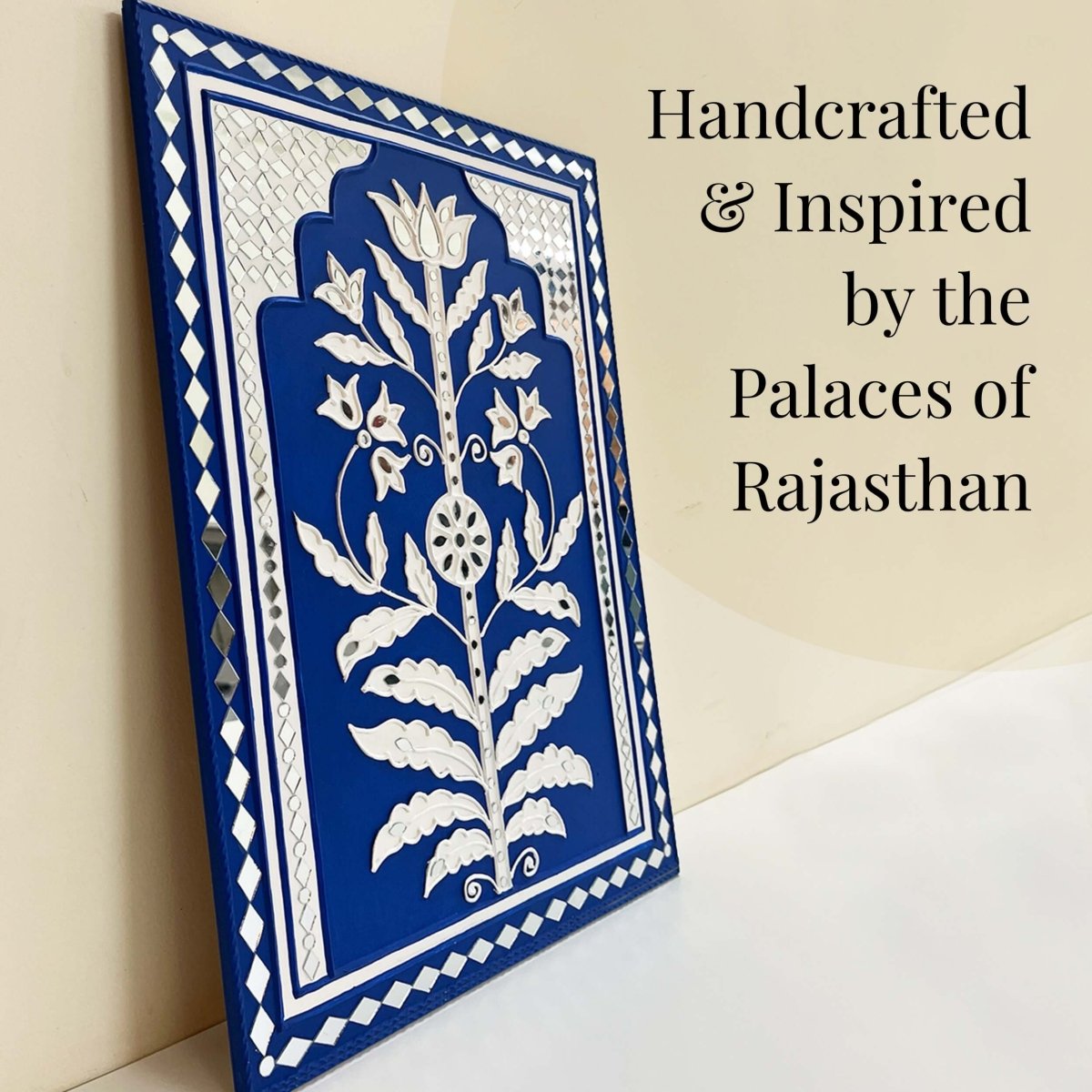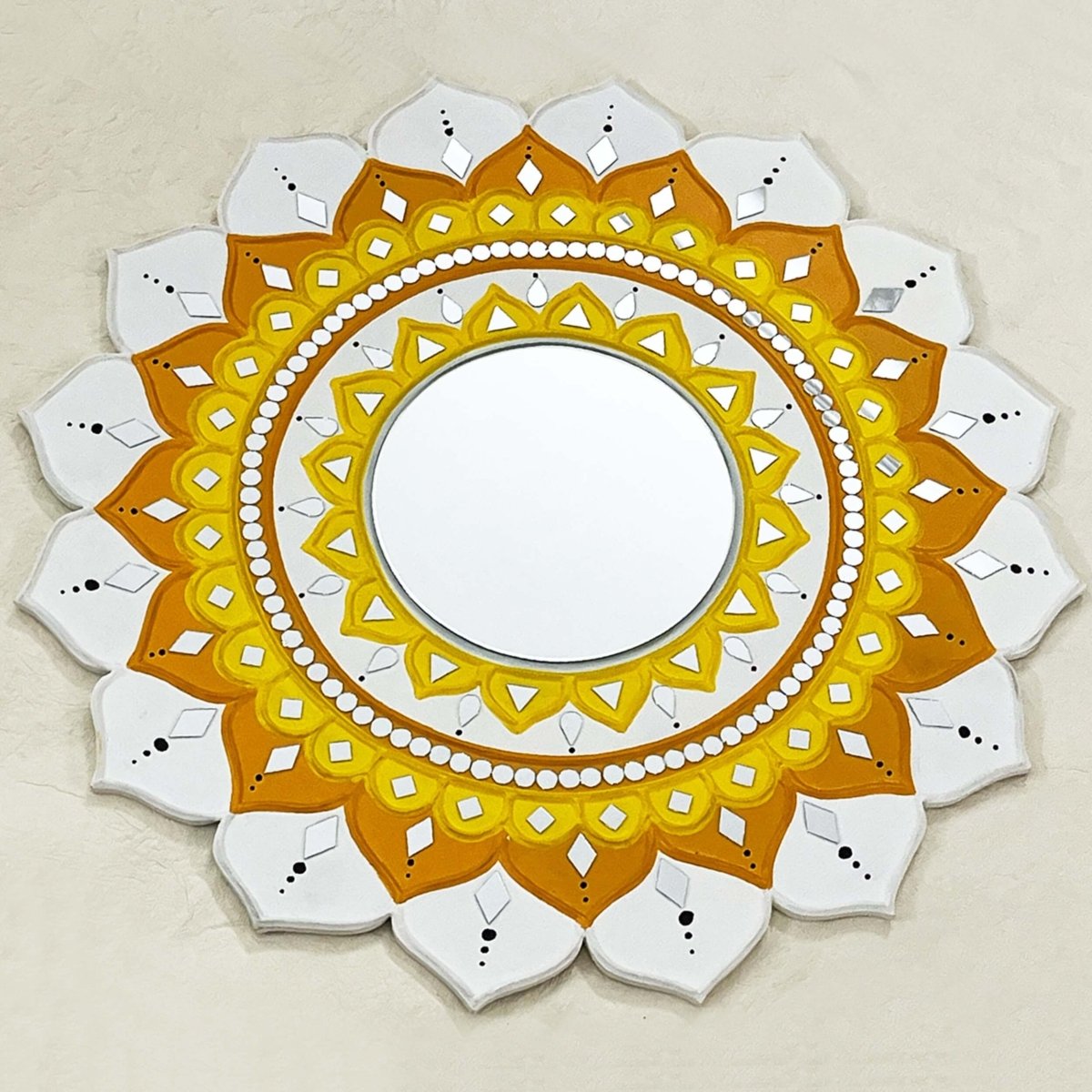From Basmati Rice to Cricket, Dehradun’s Afghan Connection
BOOKMARK
The famous Basmati rice of Dehradun is known for its rich fragrance and flavour. But did you know that this variety of Basmati rice was brought from Kunar province in Afghanistan? It was introduced to Dehradun in the 19th century to flavour the plates of Afghanistan’s kings, who had been exiled here by the British. This rice is a fascinating link that Dehradun has with Afghanistan.
Many centuries ago, Dehradun, in the foothills of the Himalayas in the modern state of Uttarakhand, was a thickly forested area. The place takes its name from the ‘dehra’ or ‘settlement’ of Guru Ram Rai, the eldest son of Guru Har Rai, the Seventh Sikh Guru, who established a gurdwara here in the mid-17th century.
Later, the region became part of the kingdom of Tehri-Garhwal till 1803, when the Gorkhas invaded Kumaon and Garhwal regions. A decade later, following the defeat of the Gorkhas in the Anglo-Gorkha wars (1814-1816), Dehradun became part of the British dominions. Over time, Dehradun and Mussoorie emerged as popular hill stations for the British, who wanted to escape the heat in the Indian plains.
By the mid-19th century, while Dehradun was fast developing as a popular hill station, a ‘great game’ for power and influence over Central Asia was taking place between the British, French and Russians. And at its heart was the Kingdom of Afghanistan.
Fleeing To India
Afghanistan had been forged into a powerful kingdom by its ruler Ahmad Shah Durrani (r. 1747-1772 CE), who was also known as Ahmad Shah Abdali. The last ruler of the Durrani dynasty was Shah Shujah (r. 1803-1809 & 1839-1842). But Shah Shujah was deposed by his rival, Mahmud Shah, in 1809 and in 1813, took refuge in the court of Maharaja Ranjit Singh (r. 1801-1839) in Lahore. In return, he presented Ranjit Singh with the famous Kohinoor diamond.
After the death of Mahmud Shah, Dost Mohammad Khan (r. 1823-1839 & 1845-1863) became the ruler of Afghanistan. During this time, the Russian Empire was increasing its influence in Central Asia, having captured Khiva, Samarkand and Bukhara, in present-day Uzbekistan. Alarmed that this would lead to an invasion of India via Afghanistan, the British sought an alliance with the Afghans and the Sikhs.
In 1836, Captain Alexander Burnes was sent as an envoy to Afghanistan for an alliance. But when the Afghans asked the British to help recover Peshawar from the Sikhs, the proposed alliance fell through. After this, Dost Mohammad Khan appeared inclined towards the Russians, causing concern among the British. In the meantime, the Russians and Persians attacked the Afghan city of Herat, then known as the ‘granary of Central Asia’.
This led to the first Anglo-Afghan war (1838-1842) between the joint forces of the British East India Company and Maharaja Ranjit Singh, against the Afghans under Dost Muhammad Khan. The aim was to depose Dost Muhammad Khan and restore Shah Shujah as the Amir of Afghanistan.
Exiled To Mussoorie
– Dost Muhammad Khan was deposed and exiled to Mussoorie in the present-day district of Dehradun, in Barlowgunj. His residence was called ‘Bala Hissar’ after an old Kabul fortress. He stayed here for two years, plotting his return home.
It was during this time that Dost Muhammad Khan’s retinue introduced the seeds of the Afghan variety of Basmati rice to the Dehradun valley, which later became popular as Dehradun Basmati rice.
Meanwhile, in Afghanistan, the situation was deteriorating. Shah Shujah was an extremely cruel ruler and was assassinated by a group of nobles in 1842. As Afghanistan sank into chaos, the British allowed Dost Muhammad Khan to return to Kabul and regain the throne and he ruled till 1863. The Bala Hissar estate in Barlowganj went on to become the Wynberg Allen School.
But Dehradun’s links with Afghanistan did not end there. In the 1870s, relations between the British and Sher Ali, son and successor to Dost Muhammad Khan, deteriorated, leading to the Second Anglo-Afghan War (1878-1880). The British captured a major chunk of Afghan territories and Sher Ali’s son, Mohammad Yaqub Khan (1849-1923) was forced to sign a humiliating treaty at Gandamak in Afghanistan on 26th May, 1879.
The British deposed Sher Ali (r. 1863-1866) and exiled his son Mohammad Yaqub Khan (r. 21 Feb-12Oct, 1879) to India. Like his grandfather, Mohammad Yaqub Khan too settled in Dehradun with his family, in 1879.
The family liked the cool climate of Dehradun as it was close to Mussoorie, where Yaqub Khan and his chieftains would shift during summer. In winter, they would return to Dehradun and go on hunts. In Dehradun, you will find the remains of Kabul House near Survey Chowk, and houses at East Canal Road and the Karanpur Police Station that used to be Yakub Khan’s guard room. The Kabul Palace, which housed the descendants of Yaqub Khan, became the Mangla Devi Inter College in 1962.
Enduring Ties
After Afghanistan achieved independence in 1919, some Afghans returned to their home land but others chose to stay back. While integrating into the mainstream life of Dehradun, descendants of Yaqub Khan went on to own more and more land in and around Dehradun, most of which were later donated to the state government for government offices and schools.
– Even after India’s independence, the Afghans maintained close ties with Dehradun. For instance, Afghan President Ashraf Ghani’s grandmother spent her formative years here.
During his visit to India in 2015, he had said:
"I speak of Tagore because I was raised on Tagore by my grandmother who lived in Dehradun..."
Along with being home to descendants of the Afghan royal family, Dehradun continues to be home to other Afghan nationals.
Afghanistan became one of the Afro-Asian countries whose cadets went on to become part of the Indian Military Academy (IMA), and graduated as officers. In 2019, Afghanistan became the country with highest number of Foreign Gentleman Cadets (FGC), with 46 cadets graduating from the IMA.
After getting full-time membership to the International Cricket Council as a cricketing nation in 2017, the Afghan cricket team has been practicing at the Rajiv Gandhi International Cricket Stadium in Dehradun as well.
So from Basmati rice to cricket, Dehradun is a special link that connects India to Afghanistan.
You can now buy our exclusive Silver Afghani Necklace, which was used by Afghani women, in our history shop, Peepul Tree India. Check out the product here.
If you enjoyed this article, you will love LHI Circle - your Digital Gateway to the Best of India's history and heritage. You can enjoy our virtual tours to the must-see sites across India, meet leading historians and best-selling authors, and enjoy tours of the top museums across the world. Join LHI Circle here









